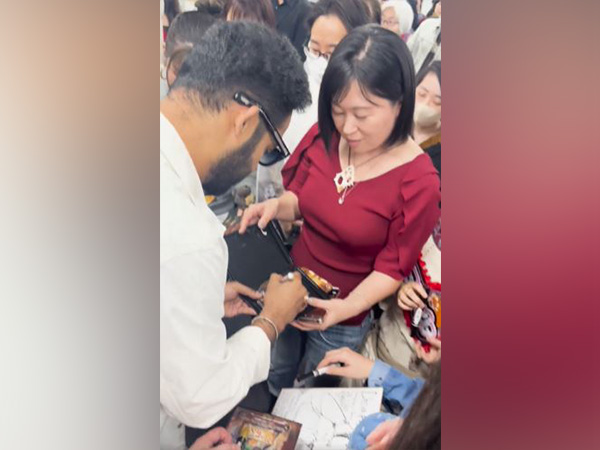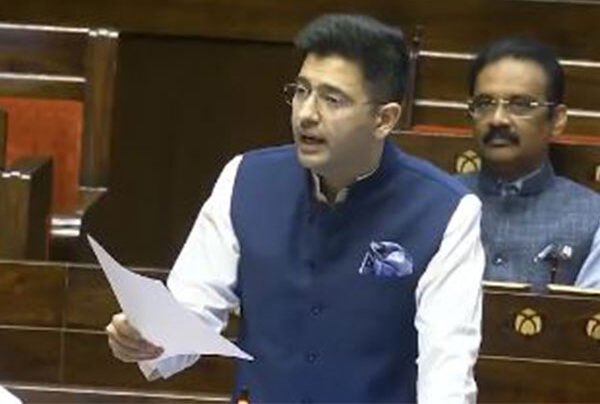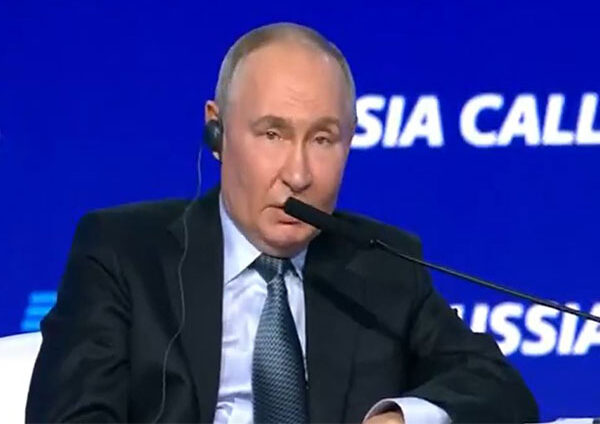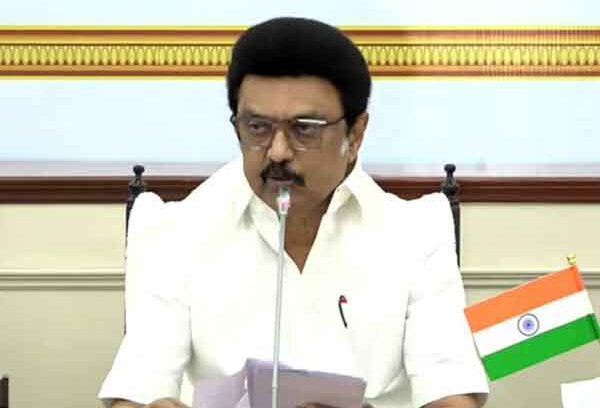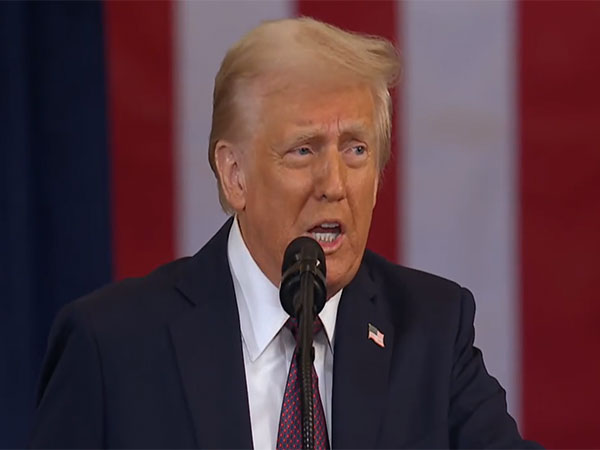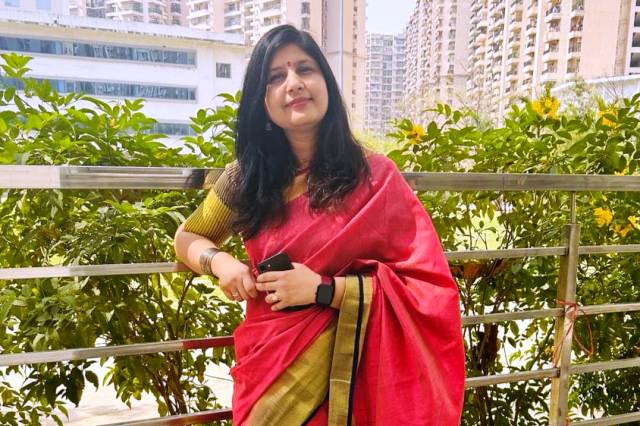Aam Aadmi Party MP Raghav Chadha on Thursday addressed the growing concerns surrounding the taxation system in India. Drawing attention to the pervasive nature of taxes throughout the life cycle, Chadha critically highlighted how citizens are taxed from the moment they are born to the moment they pass away.
Speaking during the discussion in the Rajya Sabha, Raghav Chadha questioned the value citizens receive in return for their contributions, including whether they benefit from world-class healthcare, education, or infrastructure.
“There are only two things that are certain in life: Death and Tax. From the moment you are born until the very moment your family mourns your death, the government is there at every step not to help you but to tax you,” he said.
“The first stage, the birth stage. Before a child even opens their eyes, the vaccine given to them is taxed with 5 per cent GST. If the hospital room costs more than 5,000, then a 5 per cent GST is charged. Baby care items are taxed with 5 per cent GST, and if the parents distribute sweets after the baby is born, even those are subject to a 5 per cent GST,” Chadha said.
He mentioned the second stage- the childhood where baby food is taxed at 12-18 per cent GST.
“Diapers are taxed at 12 per cent GST, and toys are taxed at 12 per cent GST. When a child has their first haircut, which we call ‘Mundan’, even that service is taxed at 18 per cent GST. Photography services also carry an 18 per cent GST,” he said.
“When the child starts going to school, GST is levied on uniforms, shoes, lunch boxes, etc. Notebooks are taxed at 12 per cent GST, stationery items at 18 per cent, and if the child wants to participate in any extra-curricular activities, that too is taxed at 18 per cent,” he said.
The AAP MP mentioned the third stage i.e., teenage years.
“At this age, people buy their first smartphone, and it too is taxed. If the phone is imported, it attracts import duty as well. Then, when they recharge the phone, that too is taxed, along with the internet connection, Netflix, Spotify, or game subscriptions. If they go out to watch a movie with friends, GST is levied on the ticket, and even on salted caramel popcorn. When they buy their first bike or scooter after turning 18, they are charged GST on that too,” Raghav Chadha said.
Chadha mentioned the fourth stage- higher education.
“In this stage, if you are studying at a private college, GST is charged on the tuition fees. If you stay in a hostel or PG, GST is charged on that as well, and even on student loan processing fees,” he said.
Mentioning the fifth stage of life, the AAP MP said it is the time when an individual starts their career.
“This is the golden age of direct taxes. TDS (Tax Deducted at Source) is cut according to the income slabs, and then income tax is collected. When they receive their first salary and take their family out to eat, even that is taxed by the government. Even the premiums for health and life insurance are taxed,” Chadha said.
Raghav Chadha mentioned the sixth stage – middle age, when their income peaks, and so does their tax burden.
“When they get an appraisal, a promotion, they give a major part of their income in the form of income tax. When they buy a car, GST is charged, along with road tax. When they fill fuel, VAT and excise duties are also levied. If someone builds their own house, they pay stamp duty fees on the land. Then, GST is levied on construction materials. After the house is built, they are required to pay annual property tax and house tax,” he said.
“The seventh stage is retirement, when a person wants a peaceful life. However, even at this stage, the government taxes pension and interest income. When the person gets older, GST is levied on healthcare bills and medicines. In this phase, if the person writes a will for their family, they are also taxed on legal fees,” Chadha said.
Raghav Chadha mentioned that eighth stage- the death period when a person passes away.
“Even at this stage, GST is levied. When someone dies, during their last rites, items like ghee, sandalwood, coconut, etc., are used, and even these are taxed. Publishing obituary news also attracts a 5 per cent GST. After death, when the property is transferred to the family, the government collects duty and cess on the mutation. This is the life cycle of the taxation model,” he said. (ANI)
